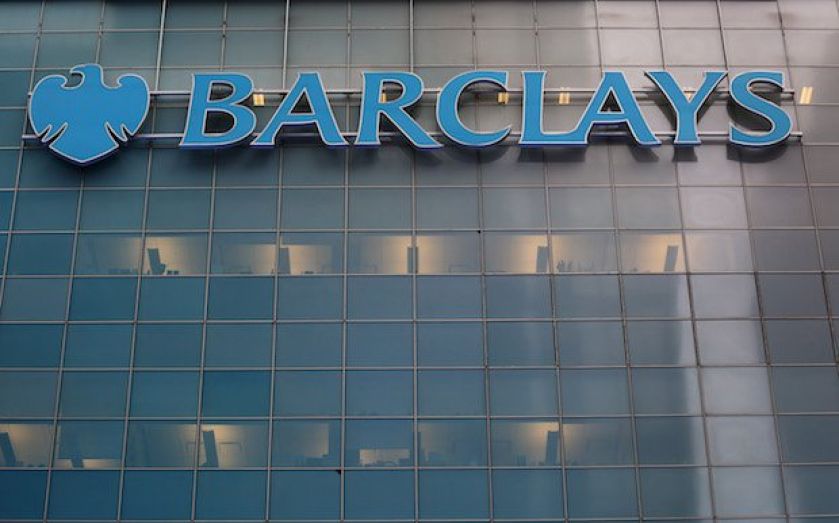Barclays cleans up with bad bank

BARCLAYS will next week set up a bad bank to run down its weakest business lines as it grapples to turn its sprawling financial empire into a sustainably profitable business.
Investment banking co-head Eric Bommensath will the run the bad bank, kicking off a series of major job changes on the way as part of a wider set of reforms to the investment banking business.
The news came as US boss Skip McGee quit yesterday, less than a year into the job.
McGee has been at Barclays since it took over Lehman Brothers’ operations and was appointed CEO Americas in May 2013.
The bank said McGee is leaving because it needs a boss with legal and compliance expertise to build a new US holding company, when McGee is a deal-making investment banker.
He will be replaced by Joe Gold who is currently global head of client capital management.
Analysts expect the move heralds the beginning of a period of turmoil at the top of the unit as the investment bank is slimmed down and reformed.
“It is my expectation that we will see a number of top personnel changing and a rationalisation of a number of activities,” said Ian Gordon from Investec.
“There will not be many wholesale withdrawals from activities, but rather the bank will focus on reducing cost and capital use.”
Some of those, including long-term derivatives and some of the bank’s interest rates business will be moved into the new bad bank.
The unit will include parts of the commodities business which are being shut, as well as the worst commercial real estate and leverage finance portfolios.
In addition parts of Barclays’ European retail and business banking units will go into the bad bank.
The sectors identified in 2013 as targets had risk-weighted assets amounting to £54.4bn, to which will be added areas like commodities trading.
Barclays wants to re-focus its investment banking arm on the most profitable units like mergers and acquisitions, advisory work and equity capital markets.
The bank has tried to cut costs by slashing bonuses for investment bankers, but has had to begin increasing pay again after the strategy left it struggling to recruit and hold on to top staff in the US.
As a result it now hopes to save money by cutting the least profitable staff instead.
Barclays declined to comment.